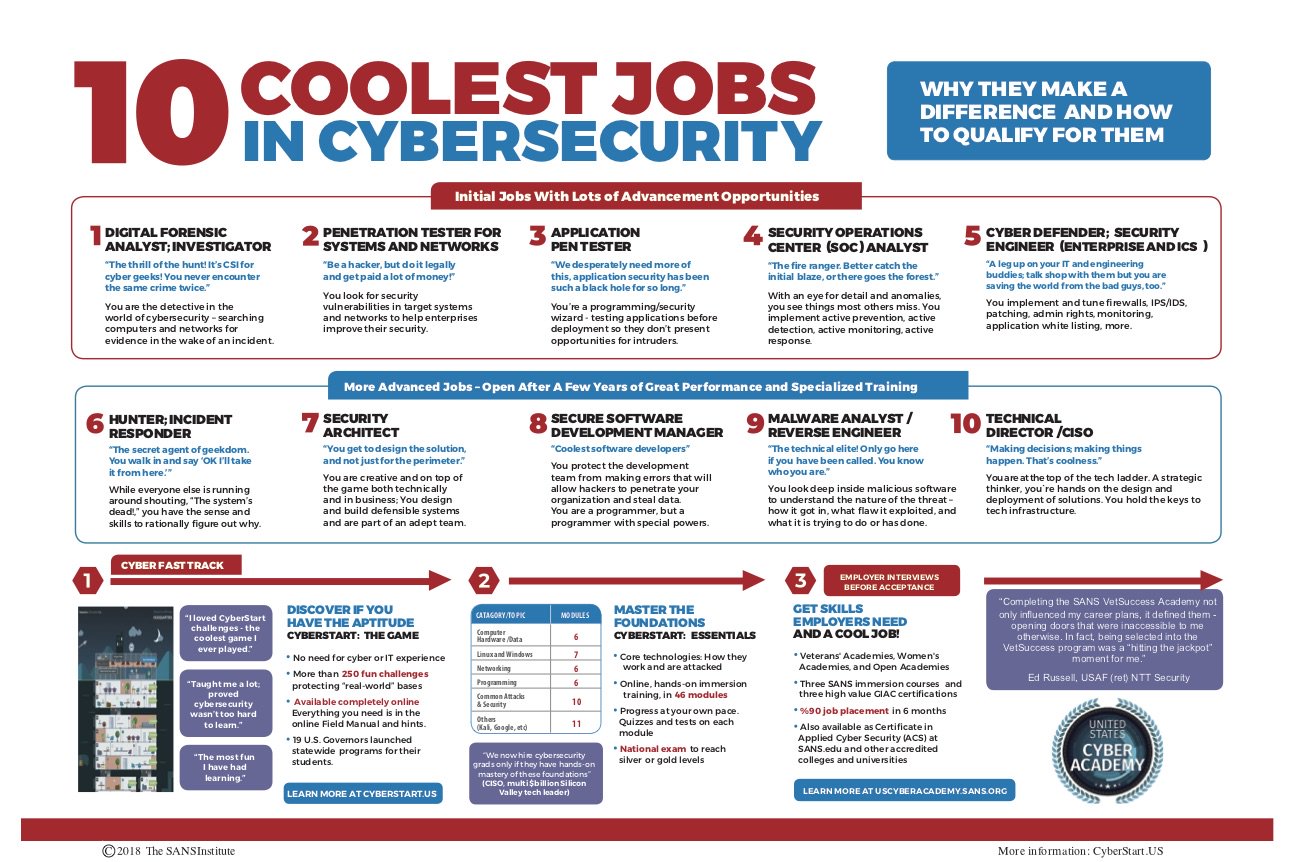Collaborative Cybersecurity Program
The Collaborative Cybersecurity Program is a two-college collaboration between the Los Rios Community College District, Cosumnes River College and the State Center Community College District, Fresno City College for an online Certificate of Achievement Program. It is developed as a 100% online program that is created with an emphasis on delivering a program suited to a student base that is interested in having a stackable certificate that will deliver job opportunities, which are highly in demand, and have a solid potential for advancement.
Colleges in the collaborative teach select courses in the program and commit to roles and responsibilities as participating partners. Students enrolling in the collaborative program would complete the program in a cohort model taking courses from both colleges. Students are required to complete the “Online Student Readiness Tutorials” modules prior to enrollment in a cohort. Students receive student support services while enrolled in the collaborative program. Students who meet federal eligibility requirements may receive Financial Aid for this program.
After reviewing information on this page if you are interested in being considered for enrollment at one of the two colleges, please complete the program’s contact form and someone from the will contact you shortly.

Careers in Cybersecurity
| Job Title | Median Earnings* |
| Cybersecurity Specialist/Technician | $75,000 per year with 7,792 job openings |
| Cybersecurity Analysts | $85,000 with 26,013 job openings |
| IT Auditor | $86,000 per year with 6,915 job opening |
| Incident Analyst/Responder | $99,000 per year with 6,605 job openings |
| Network Penetration & Vulnerability Tester | $102,000 per year with 9,826 job openings |
*See CyberSeek
There are multiple career paths in the field of cybersecurity that require different skills and abilities. Companies and institutions need thousands of individuals who can perform business and operations analysis, risk assessment of processes and systems, expose operational and technological vulnerabilities, identify potential threats, and develop recommendations and technological solutions to strengthen defenses.
Earn an Online Certificate that will start your career in Cybersecurity
Students will earn a Certificate of Achievement in Cybersecurity that will prepare them for entry-level Cybersecurity jobs in less than one year. The certificate also serves as a strong foundation for those who wish to continue their training to achieve further certificates and degrees for higher-wage positions.
The online Cybersecurity Certificate Program is an innovative partnership that brings together subject matter experts (SMEs) from Cosumnes River and Fresno City Colleges.
Students will take 8 fully online, zero-cost textbook courses. Students will be placed in cohorts allowing individuals to develop peer relationships that will help support you through this accelerated pace of study.
Each course is 8-weeks in length with a 1 week break between courses. This accelerated-paced program of study will require students who are ready to commit the time necessary to gain skills that will lead to greater employment opportunities.
In less than a year, you will complete these courses:
Business Information Systems, Computer Information Systems (ITIS 120) Examination of information systems and their role in business. Focus on information systems, database management systems, networking, e-commerce, ethics and security, computer systems hardware and software components. Application of these concepts and methods through hands-on projects developing computer-based solutions to business problems.
Information & Communication Technology Essentials (ITIS 110) This course provides an introduction to the computer hardware and software skills needed to help meet the growing demand for entry-level ICT professionals. The fundamentals of computer hardware and software as well as advanced concepts such as security, networking, and the responsibilities of an ICT professional will be introduced. Preparation for the CompTIA A+ certification exams.
Computer Network Fundamentals (ITIS 150) This course introduces the architecture, structure, functions, components, and models of the Internet and other computer networks. The principles and structure of IP (Internet Protocol) addressing and the fundamentals of Ethernet concepts, media, and operations are introduced to provide a foundation for further study of computer networks. It uses the OSI (Open Systems Interconnection) and TCP (Transmission Control Protocol) layered models to examine the nature and roles of protocols and services at the application, network, data link, and physical layers. Preparation for the CompTIA Network+ certification exam.
Routing and Switching Essentials (ITIS 151) This course describes the architecture, components, and operations of routers and switches in a small network. Students learn how to configure a router and a switch for basic functionality. By the end of this course students will be able to configure and troubleshoot routers and switches and resolve common issues with RIPv1, RIPv2, single-area and multi-area OSPF, virtual LANs, and inter-VLAN routing in both IPv4 and IPv6 networks.
Systems and Network Administration (ITIS 155) This course will provide a student with the knowledge and skills required to build, maintain, troubleshoot and support server hardware and software technologies. The student will be able to identify environmental issues; understand and comply with disaster recovery and physical / software security procedures; become familiar with industry terminology and concepts; understand server roles / specializations and interaction within the overall computing environment.
Introduction to Information Systems Security (ITIS 160) An introduction to the fundamental principles and topics of Information Technology Security and Risk Management at the organizational level. It addresses hardware, software, processes, communications, applications, and policies and procedures with respect to organizational Cybersecurity and Risk Management. Preparation for the CompTIA Security+ certification exams.
Cybersecurity Operation (ITIS 166) An introduction to cybersecurity operations including detecting cybersecurity breaches and effectively responding to security incidents. This class is meant to provide a background for students desiring entry level work as a cybersecurity analyst within security operations centers.
Network Security (ITIS 167) Teaches network security principles including firewall technologies, AAA, intrusion prevention, securing LANs, implementing VPNs, and managing secure networks.

